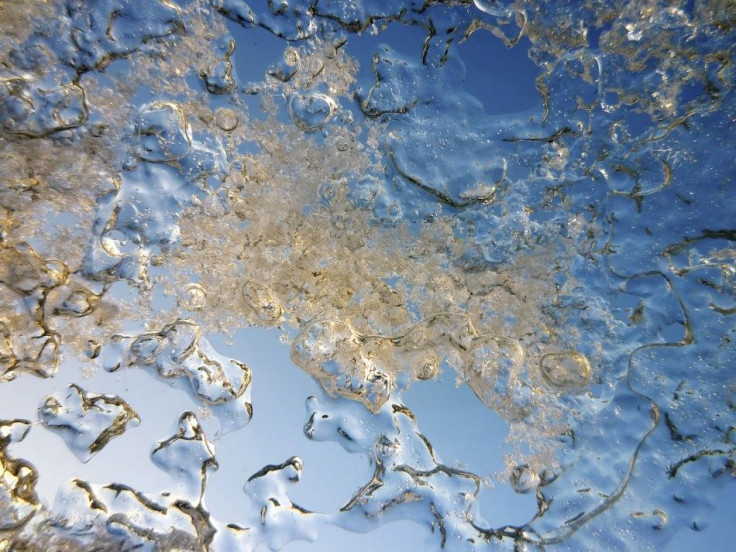High Global Temperatures in July Lead to Big Ice Meltdown

Global temperatures have soared to new heights this summer, with July recording its seventh warmest temperatures since 1880 -- bringing the Arctic sea ice levels to a record low in more than three decades.
The National Oceanic and Atmospheric Administration, or NOAA, recorded the average temperature for July as 61.43 F, which is 1.03F above the 20th century average.
Average ice extent in July was 3.06 million square miles, 81,000 square miles lower than the previous record low for the month, set in July 2007 when Arctic sea ice recorded unprecedented low levels and about 22 percent below the average for the month, NOAA reported.
Scientists say the waning of sea ice, which is caused by weather changes, will in turn lead to even more climate warming. The loss of summer sea ice is already affecting the land and people near the Arctic Ocean.
According to the National Snow and Ice Data Center, or NSIDC, the polar ice cap in the Arctic Ocean is shrinking fast and now covered the second smallest area ever observed for this time of year.
Satellite imagery showed that ice covered about 2.15 million square miles on Aug. 14 -- about 815,000 square miles below the average for that date but about 84,900 square miles above the record minimum seen on the same day in 2007, the Alaska Dispatch reported.
The northern sea route over Russia has had a record early opening to shipping traffic as tankers have started to move from Europe to Asia through the Bering Strait.
During early summer, a high-pressure cell persisted over the northern Beaufort Sea, promoting ice loss, the NSIDC explained. This weather pattern broke down toward the end of July, slowing ice loss but spreading out the ice pack, making it thinner on average.
According to NSIDC the ice pack is thinner than it was in 2007 and according to scientists the total volume of ice has never been lower, and the waning of sea ice caused by weather changes will lead to more climate warming.
© Copyright IBTimes 2024. All rights reserved.





















